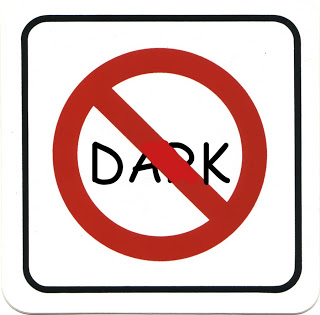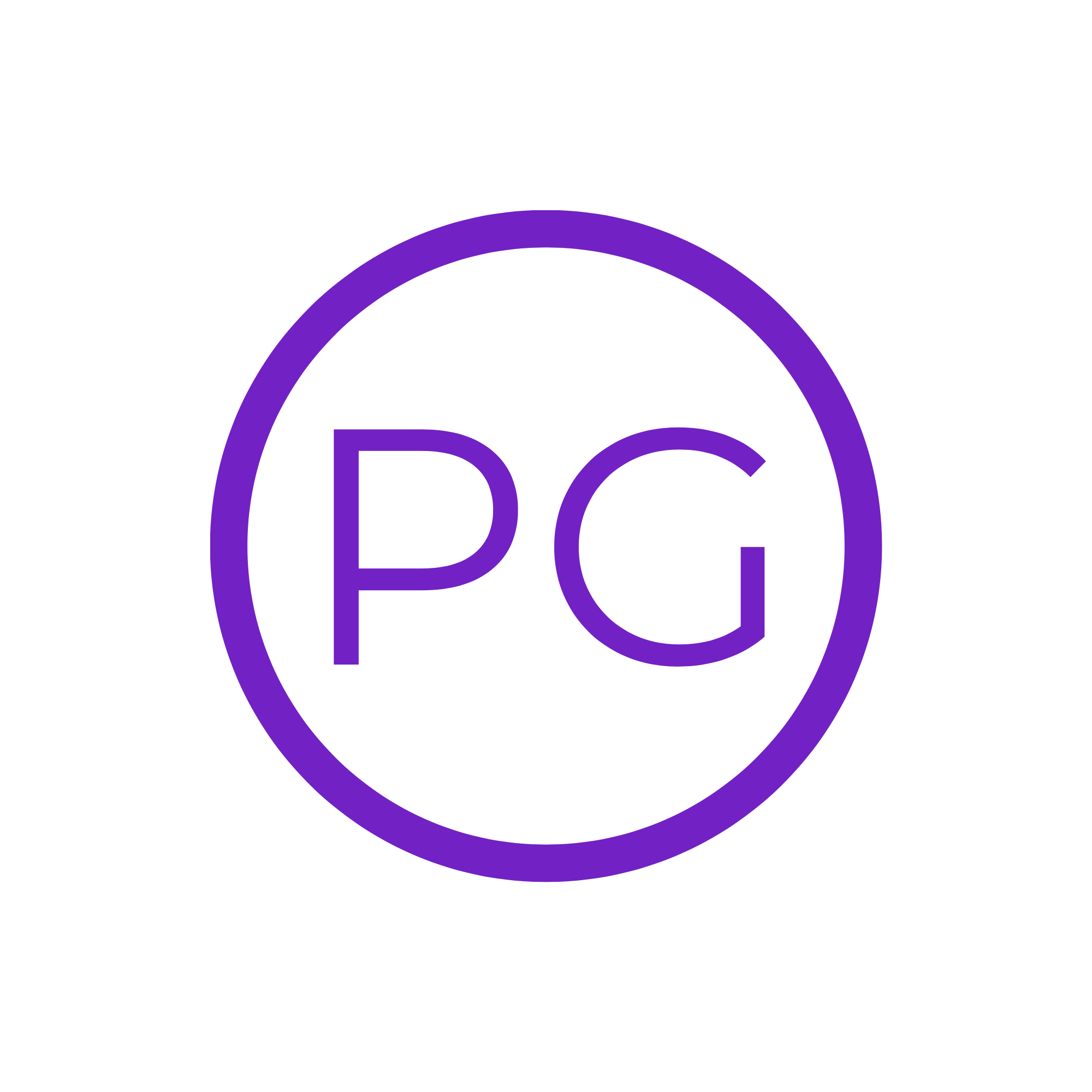
Dark. I used to like this word. It had a multitude of meanings, and proved itself very descriptive in a variety of contexts. To prove my point, here's what Merriam-Webster has to say:
Dark
Function: adjective
Etymology: Middle English derk, from Old English deorc; akin to Old High German tarchannen to hide
1 a: devoid or partially devoid of light: not receiving, reflecting, transmitting, or radiating light (a dark room) b: transmitting only a portion of light (dark glasses)
2 a: wholly or partially black (dark clothing) b of a color: of low or very low lightness c: being less light in color than other substances of the same kind (dark rum)
3 a: arising from or showing evil traits or desires: EVIL (the dark powers that lead to war) b: DISMAL, GLOOMY (had a dark view of the future) c: lacking knowledge or culture: UNENLIGHTENED (a dark view of the future) d: relating to grim or depressing circumstances (dark humor)
4 a: not clear to the understanding b: not know or explored because of remoteness (the darkest reaches of the continent)
5: not fair in complexion: SWARTHY
6: SECRET (kept his plans dark)
7: possessing depth and richness (a dark voice)
8: closed to the public (the theater is dark in the summer)
At no place on this list do I see the following definition:
of, pertaining to, or describing the Harry Potter series of books and movies, referring specifically to the final four novels (and movies).
Using the word dark to describe the Harry Potter saga seems to be the new and cool word to use so that you actually think you sound smart when you're talking about it. For instance, you're at a party and are talking to some new acquaintances:
Acquaintance 1: So, seen any good movies lately?
You: I saw Harry Potter and the Order of the Phoenix a couple days ago.
Acquaintance 2: Oh man! I really want to see that. How was it?
You: It was really dark, man. But damn, was it good.
Acq. 1: Oh wow.
You: Yep.
It's not so much that I have a problem with using the word dark to describe Harry Potter. I think it's actually quite suiting. The problem, then, is the frequency with which it is used. Everyone, and I mean everyone, uses this word. And they use it all the time.
Past: Discussing the movie version of Harry Potter and the Goblet of Fire with my mother:
Me: So Mom, have you seen The Goblet of Fire yet?
Mom: I just went to see it last night with your father!
Me:: That's great! How'd you like it?
Mom:: It was really good. Dark, though.
Present: Discussing the movie version of Harry Potter and the Order of the Phoenix with my mother, last week:
Mom: So Phil, have you gone to see the new Harry Potter yet?
Me: No, I've been waiting for the crowds to die down at the theater.
Mom: Your father and I went to see it with your brother on Friday.
Me: That's cool. was it good?
Mom: It was very good. But also very dark.
Me: ....
I talked to some of my brothers. Dark. I talked to some random acquaintances. Dark. I read some movie reviews. Dark. I read some blog entries. Dark. Dark, dark, dark, dark, dark.
It is for this reason that I no longer accept the use of the word dark within the context of Harry Potter, unless referring to the literal brightness of a scene (as in: Because Peeves the Poltergeist melted all the candles in the Great Hall, the whole of Hogwarts dined in the dark).
